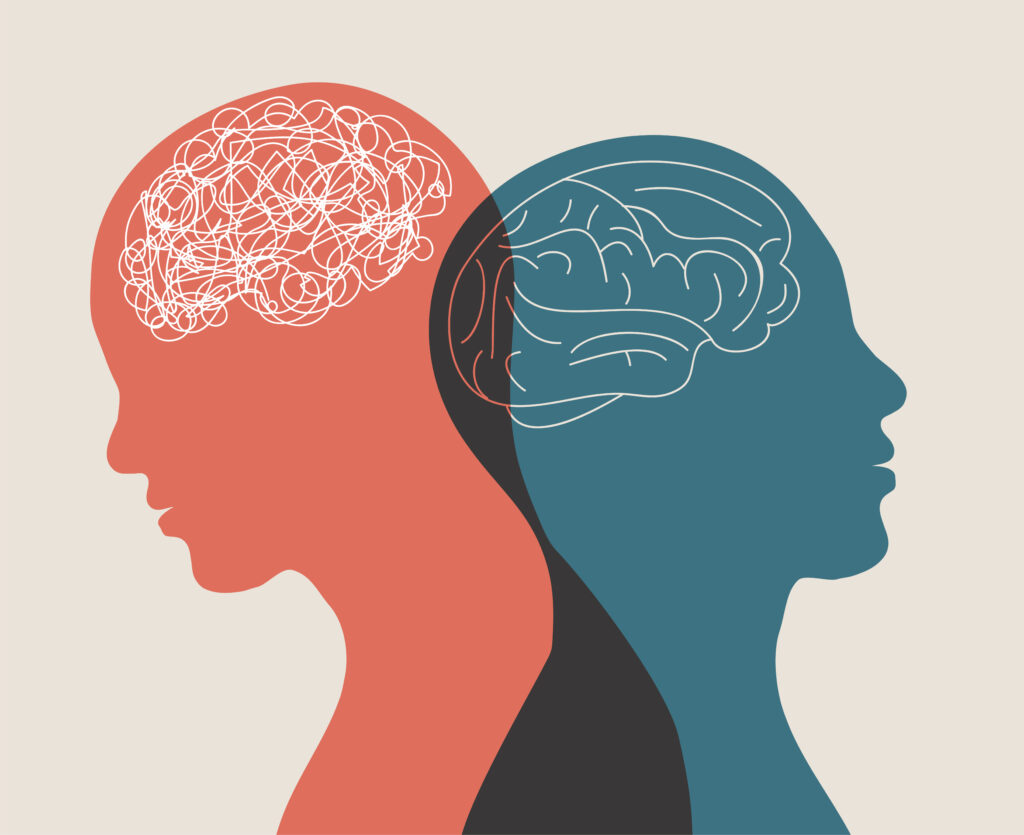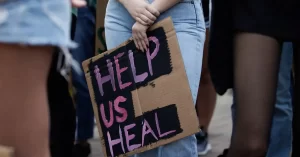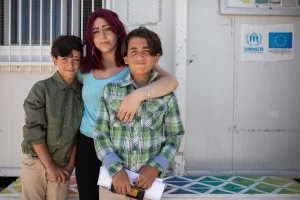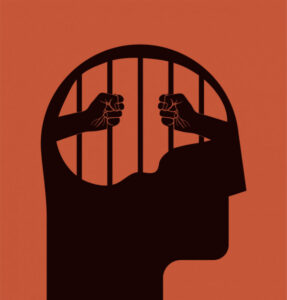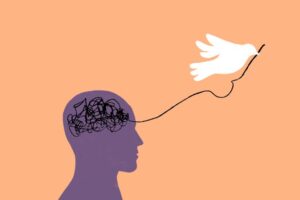Introduction
Mental health is a global issue, yet for New Americans, the challenges can feel even greater. Adapting to a new country, managing cultural expectations, and handling financial stress can take a toll on well-being. Unfortunately, stigma around mental health often prevents many immigrants from seeking help. In this blog, we’ll explore how to break the stigma, where to find help, and ways to prioritize mental health as an immigrant.
1. Why Mental Health Matters for Immigrants
Immigrants often face unique stressors that can impact mental health, including:
- Cultural Adjustment: Adapting to a new culture can lead to feelings of isolation or rejection.
- Financial Pressure: Many immigrants work multiple jobs or send money back home, leading to burnout.
- Family Separation: Being away from loved ones can cause loneliness and sadness.
- Trauma: Some immigrants come to the U.S. after fleeing conflict, persecution, or violence, which can result in PTSD or anxiety.
Taking care of mental health is essential for overcoming these challenges and building a fulfilling life in a new country.
2. Breaking the Stigma Around Mental Health
In many cultures, mental health is not openly discussed. Seeking help can be seen as a sign of weakness or shame. Breaking this stigma starts with education and open conversations.
Steps to Reduce Mental Health Stigma:
- Normalize Mental Health Discussions: Talk openly about mental health within your community. Share stories of healing to inspire others.
- Educate Yourself and Others: Learn about mental health conditions like depression, anxiety, and PTSD. Understanding that these are medical issues—not personal failings—can help.
- Challenge Cultural Norms: Some cultures discourage expressing emotions or seeking therapy. Encourage others to break these norms by focusing on self-care and emotional well-being.
- Lead by Example: If you’re comfortable, share your experiences with mental health care. Your story could inspire someone else to seek help.
3. Barriers Immigrants Face When Seeking Help
Many immigrants face obstacles when trying to access mental health care, such as:
- Language Barriers: Not being fluent in English can make it difficult to find therapists or explain your feelings.
- Cost of Care: Therapy and counseling can be expensive, especially for those without insurance.
- Cultural Mismatch: Some therapists may not understand the unique experiences of immigrants.
- Fear of Judgment: Cultural or familial pressure can discourage seeking therapy.
Understanding these barriers is the first step toward finding solutions.
4. How to Access Mental Health Resources
Despite the challenges, there are affordable and accessible mental health resources available for immigrants.
Free or Low-Cost Mental Health Services:
- Community Health Centers: Many clinics offer counseling services on a sliding scale based on income. Search for centers near you at FindAHealthCenter.HRSA.gov.
- Immigrant Support Organizations: Nonprofits that focus on immigrant communities often provide mental health services in multiple languages.
- Online Therapy Platforms: Apps like BetterHelp or Talkspace offer affordable virtual therapy, and some therapists specialize in working with immigrants.
- Hotlines:
- National Suicide Prevention Lifeline: Call 988 for free, confidential support 24/7.
- SAMHSA Helpline: Call 1-800-662-HELP for substance abuse or mental health resources.
5. Finding Culturally Sensitive Therapists
Working with a therapist who understands your cultural background can make a big difference. These therapists are trained to respect cultural traditions and tailor care to your unique needs.
How to Find Culturally Sensitive Therapists:
- Use directories like Psychology Today to filter therapists by ethnicity, language, or cultural expertise.
- Search for local immigrant-focused mental health programs.
- Ask community leaders or organizations for referrals.
6. Simple Practices to Improve Mental Well-Being
While professional help is important, there are also small, everyday steps you can take to improve your mental health.
Daily Mental Health Practices:
- Practice Mindfulness: Meditation or deep breathing can help reduce stress. Apps like Headspace or Calm are user-friendly options.
- Stay Active: Regular exercise releases endorphins that boost mood. Even a 20-minute walk can make a difference.
- Stay Connected: Call or video chat with loved ones back home to feel less isolated. Build relationships with people in your community.
- Journal Your Thoughts: Writing down your feelings can help you process emotions and gain clarity.
- Limit Social Media: Comparing yourself to others online can negatively impact your mental health. Set boundaries for screen time.
8. How Your NGO Supports Mental Health for Immigrants
At ELOI Ministries, we’re committed to breaking the stigma around mental health and providing accessible resources for immigrants.
Our Mental Health Programs Include:
- Free counseling services in multiple languages.
- Support groups tailored to immigrants’ unique experiences.
- Workshops on mental health awareness and stress management.
- Referrals to culturally sensitive therapists and affordable care providers.
Our goal is to create a safe and supportive environment where immigrants feel empowered to prioritize their mental health. Visit our website or contact us to learn more.
Conclusion
Mental health care is essential for everyone, including immigrants. By breaking the stigma, accessing resources, and taking small steps to improve emotional well-being, you can lead a healthier, happier life. Remember, seeking help is not a sign of weakness—it’s an act of courage. You are not alone, and there are people and organizations ready to support you every step of the way.


